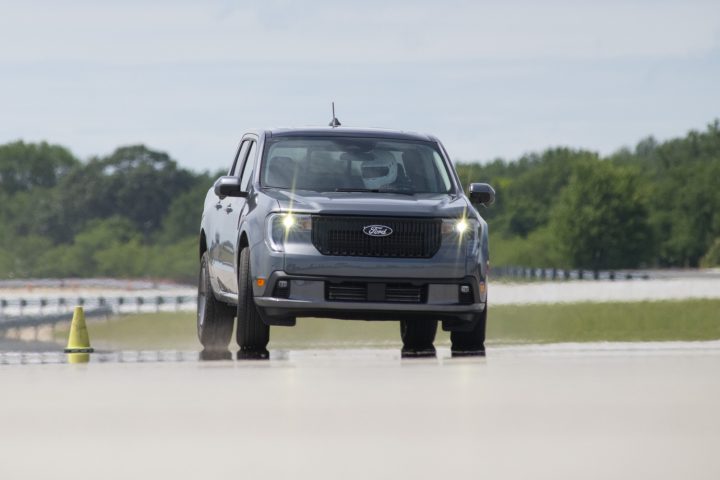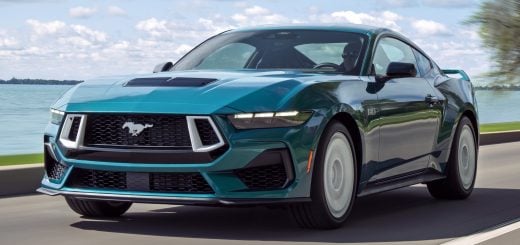Drunk and otherwise impaired driving has always been a big problem on roadways, leading to many injuries and deaths over the years. Quite a few campaigns have worked to reduce these numbers and make folks think twice about getting in their vehicles when they are impaired, but the problem continues, regardless. A couple of years ago, the National Highway Traffic Safety Administration (NHTSA) officially endorsed impaired-driving prevention technology for vehicles, and now, it’s taking the next step to encourage automakers to incorporate that kind of tech in future models.
Vehicle technology that’s capable of detecting certain types of risky behavior will soon be added to the requirements for a Top Safety Pick award from IIHS, the organization’s president, David Harkey, announced during a recent roundtable on impaired driving organized by Mothers Against Drunk Driving (MADD). IIHS also plans to add additional criteria, such as intelligent speed assistance and driver attention systems, in the near future as well – by 2030 or sooner, in fact.
“As part of our 30×30 vision to cut U.S. road deaths 30 percent by 2030, we are committed to addressing the risky – and often illegal – behavior that underlies most fatalities today,” Harkey said. “One way we plan to do that is to leverage our ratings and award programs to encourage automakers to adopt this new class of safety technology, just as we got them to improve vehicle structures, airbags and collision avoidance systems.”
Ford is well-positioned to take advantage of these changes, as it rolled out its Intelligent Speed Limiter feature in Europe years ago, which is designed to help vehicles stay within the posted speed limits to prevent the driver from getting a ticket. The Ford backed industry lobby group Alliance for Automotive Innovation (AAI) recently launched a new consortium designed to help reduce drunk driving, and the automaker published a patent for a system capable of detecting drunk drivers last year, too.

















Comment
IIHS is being decimated in public opinion over these new criteria additions. Probably won’t come to pass for a long time.